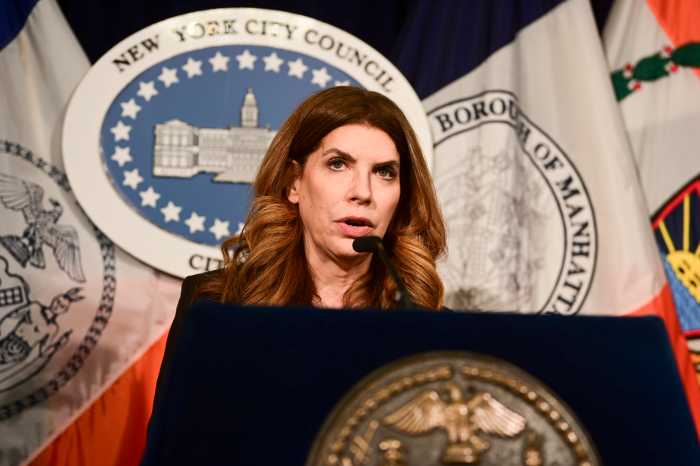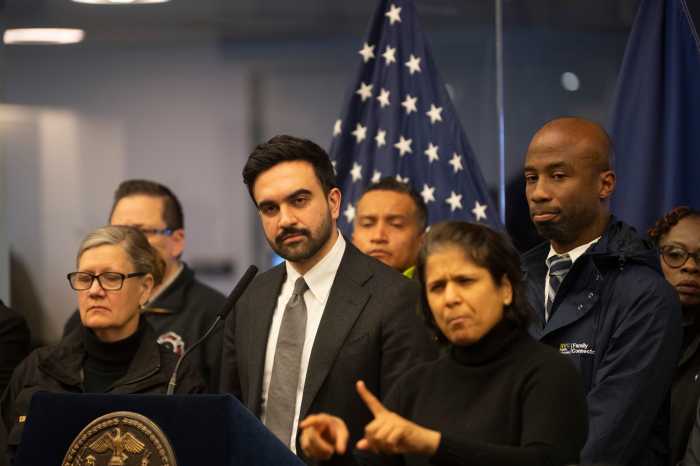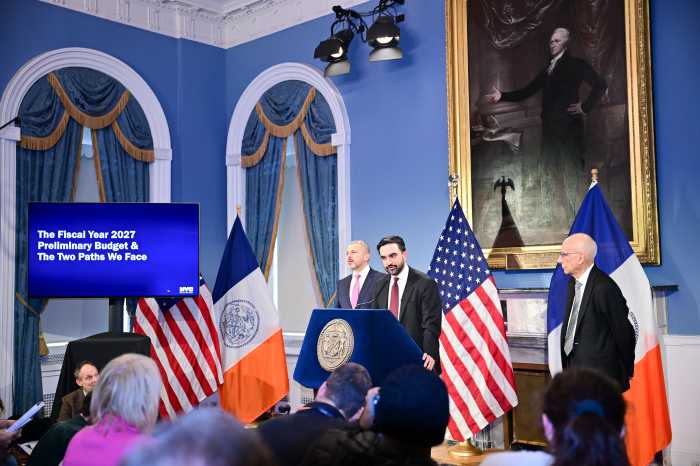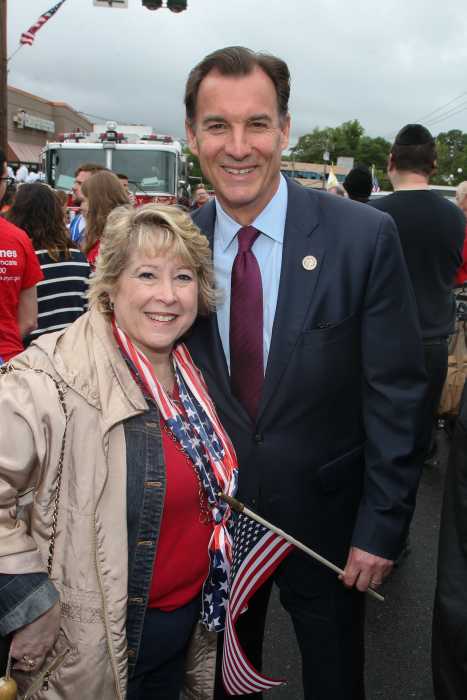Staggering national statistics for 2015 revealed last week that overdose deaths rose 11 percent to 52,404 — 77 percent of them from overdoses of heroin, painkillers and the synthetic opioids fentanyl and carfentanyl. That means opioid overdoses killed more people than car accidents (37,757) and gun violence (36,252).
Much must be done, and politicians unwilling to act on anything else can at least see that. Last week, Congress funded the 21st Century Cures Act. It paves the way for more prevention and treatment of addiction, as well as monitoring of opiate prescriptions for pain. That’s a big advance from summer, when lawmakers passed a bill that included treatment and prevention, but didn’t fund them.
But more help is needed from Washington.
In New York, legislators and Gov. Andrew Cuomo made significant strides in 2016, passing measures that addres treatment, prevention, overprescribing and obstructionist insurance hurdles. More will be needed: Federal statistics say there were 3,009 overdose deaths in the state in 2016, a 20 percent increase from 2015.
New York also sought a waiver that could save lives and money if the federal Centers for Medicare and Medicaid Services will approve it. The state wants to use Medicaid matching funds to treat sick and addicted prisoners in the 30 days prior to their releases from prisons and jails. The plan would reduce emergency department visits, hospitalizations, overdoses and recidivism. In the first two weeks after release, former inmates are 12 times more likely to die than the general population. Much of this risk is attributed to overdoses and other addiction-related problems. They are also quite likely to end up back in jails or hospitals. But studies show that inmates with addictions fare far better when they set up a continuum of care before they are released, including medically assisted treatments like methadone, suboxone and vivitrol, care coordinators, counseling and rehabilitation programs.
New York asked for the waiver this summer, but no action has been taken. Now with a new White House administration and party on its way in, there are fears in the treatment community that the plan may stall.
That can’t be allowed to happen.
Combating the opioid epidemic must go beyond politics. Approval of this Medicaid waiver is necessary to save lives and money — and to give addicts a real chance.






































